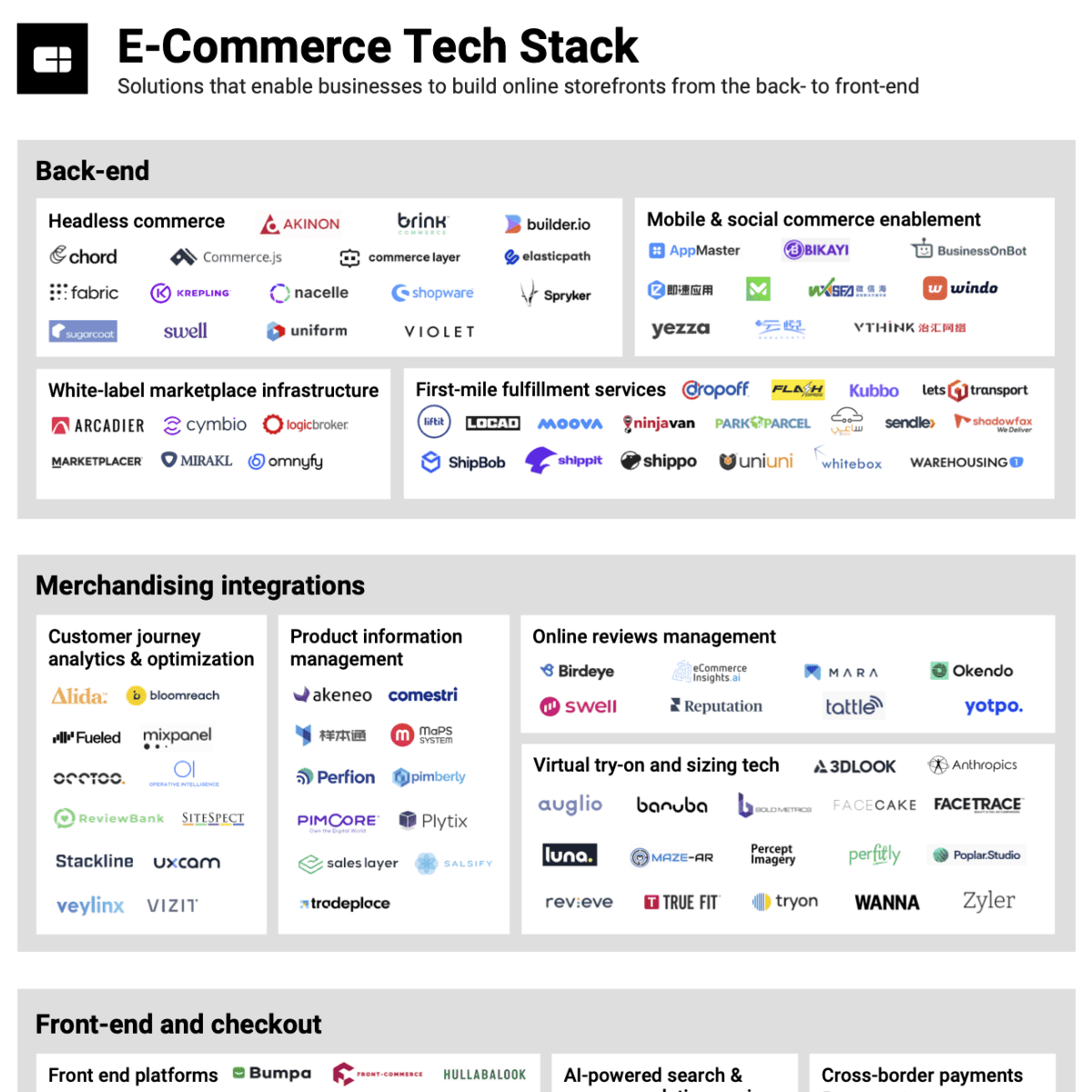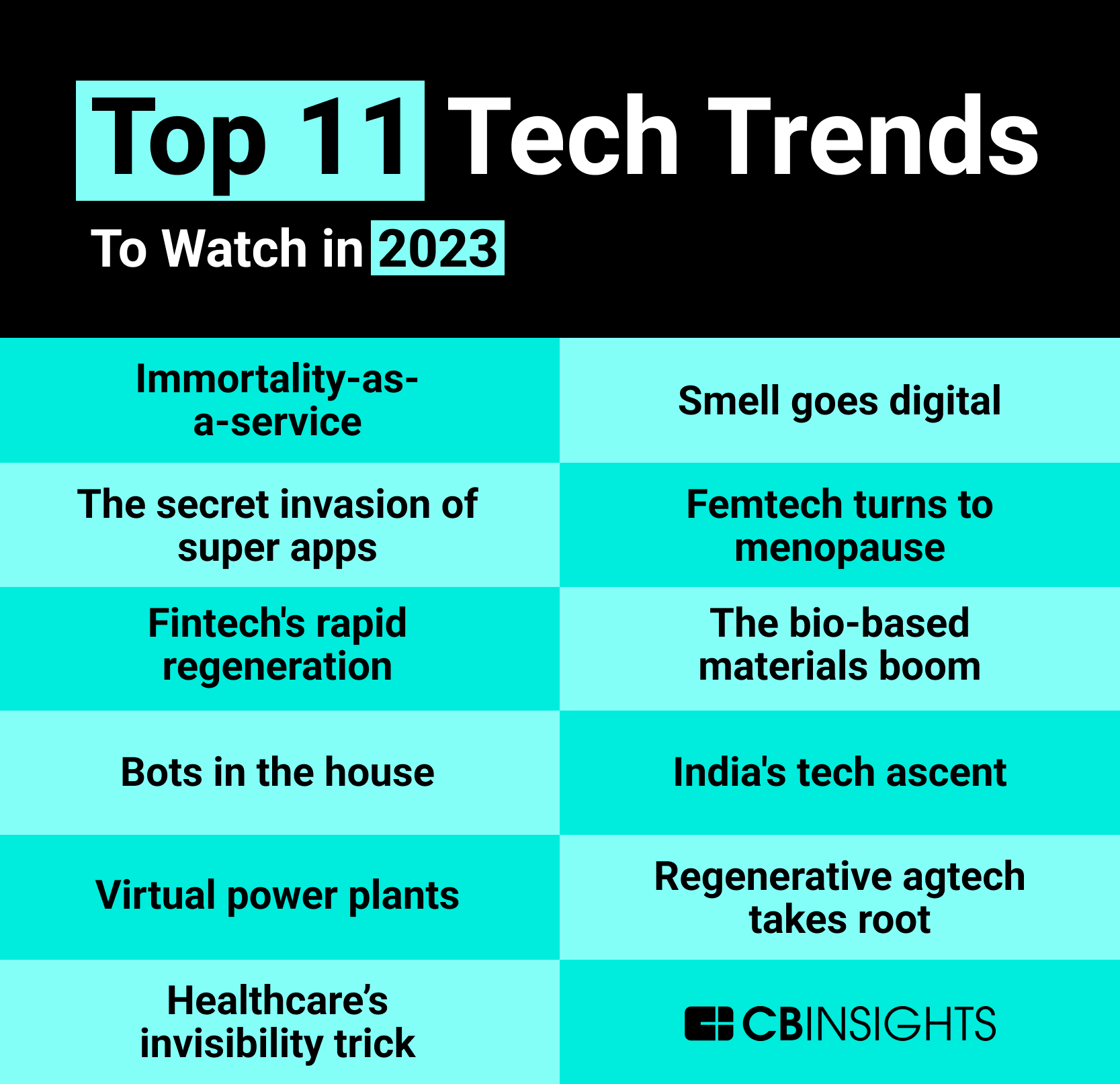Privacy AR Tech Platform Insights: Discovering The Future Of Digital Privacy Now
Have you ever wondered how augmented reality (AR) platforms handle your personal data? In this digital age, privacy is more important than ever. As AR technology continues to evolve, understanding the privacy policies of these platforms is crucial for safeguarding your digital footprint. Today, we’ll dive deep into the world of AR tech platforms, uncovering how they manage user data and what it means for you.
We’re living in a world where AR is no longer just science fiction. It’s a reality that’s shaping industries from gaming to healthcare. But with great innovation comes great responsibility. Privacy concerns are at the forefront of discussions surrounding AR tech platforms. So, how exactly do these platforms protect your data? Let’s find out.
This article will give you insights into the privacy policies of AR tech platforms, breaking down complex jargon into easy-to-understand language. By the end, you’ll have a clearer picture of what happens to your data when you engage with these platforms and how you can take control of your privacy. So, buckle up because we’re about to embark on a journey into the heart of AR tech!
- Zefoy Free Likes Followers What You Need To Know In 2023
- Drew Gulliver On Onlyfans Leaks Nudes More The Untold Story
What is AR Technology and Why Does Privacy Matter?
AR technology, or augmented reality technology, is all about blending the real world with digital elements. Think of it as putting virtual glasses on the real world. But here’s the thing—AR platforms need access to your data to function properly. They collect information like your location, preferences, and even biometric data to enhance your experience. So, why does privacy matter in this context?
Privacy matters because your data is valuable. It can be used to create detailed profiles of your habits and preferences. If mishandled, this data can fall into the wrong hands, leading to potential misuse. Understanding how AR platforms handle your data is the first step toward protecting yourself in this digital age.
Key Privacy Concerns in AR Platforms
Let’s break down some of the key privacy concerns associated with AR tech platforms:
- Ullu Movierulzcom A Comprehensive Guide To Streaming And Legal Considerations
- Lightning Mcqueen And Francesco Bernoulli A Tale Of Speed Rivalry And Growth
- Data Collection: AR platforms often collect a wide range of data, including location, biometric data, and behavioral patterns.
- Data Sharing: Some platforms share your data with third-party advertisers, raising questions about transparency.
- Data Security: Ensuring that your data is stored securely is a major challenge for AR platforms.
These concerns highlight the importance of understanding the privacy policies of the platforms you use. It’s not just about convenience; it’s about safeguarding your digital identity.
Insights into AR Tech Platform Privacy Policies
Every AR tech platform has its own set of privacy policies. These policies outline how your data is collected, used, and shared. But let’s face it—most of us don’t read these policies in detail. That’s why we’re here to break it down for you.
Common Privacy Practices in AR Platforms
Here are some common practices you might encounter in AR tech platform privacy policies:
- Data Minimization: Platforms are increasingly adopting data minimization practices, collecting only the data necessary for their services.
- User Consent: Many platforms require explicit user consent before collecting sensitive data.
- Data Encryption: To protect user data, platforms use encryption techniques to secure data both in transit and at rest.
While these practices are a step in the right direction, it’s important to stay informed about the specifics of each platform’s policies.
The Role of Regulations in AR Privacy
Regulations play a crucial role in ensuring that AR tech platforms adhere to privacy standards. Laws like GDPR in Europe and CCPA in California set the benchmark for data protection. These regulations require platforms to be transparent about their data collection practices and provide users with control over their data.
How Regulations Impact AR Platforms
Here’s how regulations impact AR platforms:
- Transparency Requirements: Platforms must clearly communicate their data collection and usage practices.
- User Rights: Users have the right to access, modify, or delete their data.
- Accountability: Platforms are held accountable for any data breaches or misuse of user data.
These regulations empower users to take control of their data and hold platforms accountable for any violations.
Discovering the Future of AR Privacy
As AR technology continues to evolve, so do the challenges surrounding privacy. The future of AR privacy lies in finding a balance between innovation and protection. This means developing technologies that enhance user experiences while safeguarding their data.
Trends Shaping the Future of AR Privacy
Here are some trends shaping the future of AR privacy:
- Edge Computing: By processing data locally on devices, edge computing reduces the need to send sensitive data to central servers.
- Federated Learning: This technique allows platforms to train AI models without directly accessing user data.
- User-Centric Design: Platforms are increasingly adopting user-centric design principles, prioritizing privacy and user control.
These trends indicate a shift toward more privacy-focused AR technologies, giving users greater control over their data.
How to Protect Your Privacy on AR Platforms
Protecting your privacy on AR platforms starts with being informed. Here are some tips to help you safeguard your data:
- Read Privacy Policies: Take the time to read and understand the privacy policies of the platforms you use.
- Limit Data Sharing: Only share the data that’s necessary for the platform to function.
- Use Strong Passwords: Protect your accounts with strong, unique passwords.
By following these tips, you can enjoy the benefits of AR technology while minimizing the risks to your privacy.
Case Studies: Real-World Examples of AR Privacy
Let’s take a look at some real-world examples of AR platforms and their privacy practices:
Case Study 1: Google ARCore
Google ARCore is one of the leading AR platforms, known for its robust privacy practices. The platform collects minimal data and uses encryption to protect user information. Additionally, Google provides users with control over their data, allowing them to manage their privacy settings easily.
Case Study 2: Apple ARKit
Apple ARKit is another prominent player in the AR space. Apple emphasizes user privacy, adopting a strict no-data-sharing policy with third-party advertisers. The platform also uses on-device processing to minimize data transmission.
These case studies highlight the importance of robust privacy practices in AR platforms and set a benchmark for others to follow.
Expert Insights: Perspectives from Industry Leaders
To gain deeper insights into AR privacy, we spoke with industry leaders who are shaping the future of this technology. Their perspectives provide valuable insights into the challenges and opportunities in the AR privacy landscape.
Insights from John Doe, AR Privacy Expert
“The future of AR privacy lies in transparency and user control. Platforms that prioritize these principles will not only gain user trust but also drive innovation in the industry,” says John Doe, a leading AR privacy expert.
Conclusion: Take Control of Your AR Privacy
In conclusion, understanding the privacy policies of AR tech platforms is essential in today’s digital world. By staying informed and taking proactive steps, you can enjoy the benefits of AR technology while safeguarding your data.
We encourage you to read and share this article with others who might find it helpful. Together, we can create a more privacy-conscious digital environment. Remember, your data is valuable, and taking control of it is the key to a safer digital future.
Table of Contents
- What is AR Technology and Why Does Privacy Matter?
- Insights into AR Tech Platform Privacy Policies
- The Role of Regulations in AR Privacy
- Discovering the Future of AR Privacy
- How to Protect Your Privacy on AR Platforms
- Case Studies: Real-World Examples of AR Privacy
- Expert Insights: Perspectives from Industry Leaders
- Conclusion: Take Control of Your AR Privacy
- Romeacutee Strijd The Dutch Supermodel Taking The Fashion World By Storm
- Lara Rose Onlyfans Leak What Happened Amp What You Need To Know

217 companies building the new tech stack CB Insights Research
Platform Insights Box Support

11 Tech Trends To Watch Closely in 2023 CB Insights Research